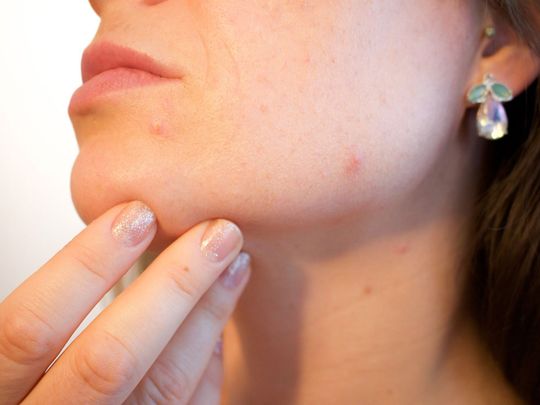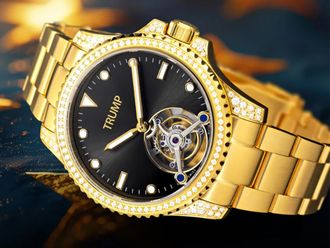
A dangerous chemical has been found in acne treatments including Proactiv, Clearasil and store brands from Target and Walgreens, according to the independent testing lab Valisure.
The lab found elevated levels of benzene "- which can cause cancer in high amounts "- in the products, and filed a petition this week asking the US Food and Drug Administration to recall tainted creams, gels and washes.
The FDA permits up to 2 parts per million of benzene in acne treatments, and Valisure found as much as nine times that in testing some brands. That number rose substantially to more than 800 times the FDA limit in some cases, when the lab stress tested the products to see how they'd fare sitting for months in consumers' bathroom cabinets. The FDA said it would work to verify whether Valisure's data was accurate before acting on the lab's petition."
The agency will continue to provide updates to the public regarding benzene in drug products, as appropriate," Jeremy Kahn, a spokesperson for the agency, said in a statement. Companies are required to ensure the safety of their products, he said.
You can find out if your acne remedy might be at risk of containing benzene by reading the label. Here's everything you need to know about the chemical that may be on your shelves.
Why we keep hearing about benzene in beauty products
Benzene is a potent carcinogen, and no company would purposefully add it to a personal-care product. Yet the chemical continues to show up in testing Valisure has done on acne treatments and other personal-care products, such as sunscreens. The FDA, which oversees not only traditional drugs but also some beauty products, doesn't do regular testing of its own. Instead, it relies on companies to ensure the safety of their products.
What chemicals to look out for
In the case of acne treatments, Valisure said its research found that a key ingredient called benzoyl peroxide breaks down to form benzene.
The lab also said other types of acne treatments it tested didn't contain elevated levels of benzene. Those included 46 products that contained salicylic acid, and items made with sulfur, adapalene, azelaic acid, niacinamide and zinc. Checking the label for active ingredients that include those alone "- or in combination with each other, as long as there isn't any benzoyl peroxide "- could help consumers avoid unknowlingly using products contaminated with benzene.
What other products are at risk
Valisure has found benzene not only in acne remedies and sunscreens but hand sanitizers, antiperspirants and dry shampoos as well.
The sunscreens, antiperspirants and dry shampoos the lab tested were largely aerosol products. Companies have conducted recalls in the last few years after determining benzene was present in propane and butane propellants used to push goods from their containers. And it's likely hand sanitizers were tainted via thickening agents called carbomers, used to create the right gel-like texture.
Who's doing the testing
Valisure is based in New Haven, Connecticut, and has stepped in to try to fill a gap in US oversight of products consumers use every day. The lab has agreements with health systems like Kaiser Permanente and others such as the Department of Defense to test drugs their members take "- and weed out substandard medications.
The FDA has criticized the lab's testing methods because it doesn't follow the same process drug manufacturers use "- though companies have recalled products after Valisure's findings.












